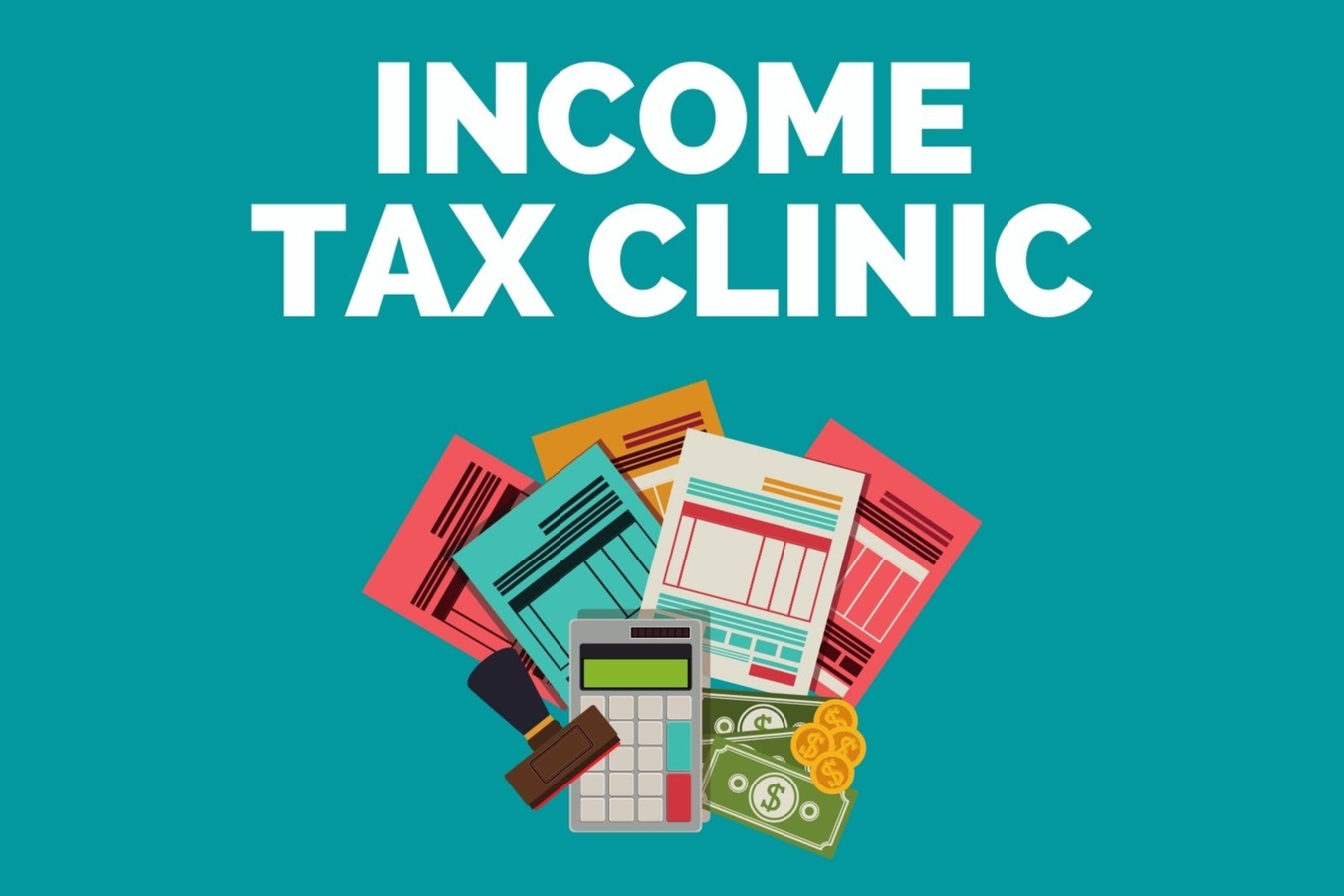

Economic Updates from the Council for Canada
The Council for Canada would like to provide an update on the current economic climate and its potential impact.
Canada is in the midst of a robust economic recovery following the disruption caused by the pandemic. During this disruption, the Canadian economy, like the rest of the world, was shut down to stop the spread of the virus. Over 2 million jobs were lost at the height of the pandemic. However, all levels of government responded swiftly to provide stimulus to businesses and individuals through emergency response measures, in order to help prevent business closures, and encourage spending and investment. With high vaccination rates and the gradual lifting of restrictions nation-wide, the job market has recovered substantially. For high-demand vocations, the labour market offers better career opportunities and higher wages.
While there is cause for optimism for a return to a new normal, the following factors will continue to be in effect in the short-and-medium term:
- Inflation is at a 30-year high due to supply-chain issues, higher wages and the conflict in Ukraine. This will mean continued higher prices for groceries, household products, services, utilities, fuel and other commonly used items.
- Interest rates are likely to continue to rise in the coming months, and into 2023. This will increase the cost of borrowing, including mortgages, and put downward pressure on the value of bonds and stocks.
- The cost of housing has increased substantially due to historically low interest rates, more millennials entering the housing market, rising immigration, higher family savings and increased construction costs. Demand for housing will likely continue to outstrip supply in Canada’s major cities. However, demand and purchasing power are expected to decrease as interest rates rise.
- Energy prices: Global conflict is expected to keep the price of oil high in the short-term, resulting in higher gas prices at the pump and increased gas and electricity costs.
- Market Risk: Asset values, financial market conditions and currency values will continue to be unstable and volatile.
- Technology: The pandemic has accelerated digital automation, remote work and artificial intelligence. This trend will continue to increase demand for highly-skilled technology workers and put jobs at risk for lower-skill occupations.
What can you do to manage in such uncertain economic conditions?
- Review your family budget
- Anticipate an increase of up to 10-15% in your family expenses in the coming months and determine how you can adjust your budget if needed.
- This doesn’t necessarily mean going without – consider if there are ways of shopping around to save money or eliminating services that are not being used or are not necessary.
- Eliminate credit card debt. The Economic Planning Board can confidentially help with managing high credit card or other consumer debt.
- Use income tax refunds to pay down debt or contribute towards education and retirement savings using RESPs RRSPs or TFSAs.
- Avoid the temptation to keep up with others, or to buy things which are unnecessary. Do not incur debt for weddings or other celebrations.
- If you need to borrow, look for competitive rates from established financial institutions such as the large banks or credit unions. Don’t use payday loan companies – they often charge very high interest rates and fees.
- Upgrade your skills to increase your earning capacity
- Given the strong labour market, workers in high-demand industries should assess if they can negotiate higher salary and better benefits. Studies suggest that one-third of current jobs could be displaced by the year 2030. All Jamati members should consider improving their skills through life-long learning.
- The Economic Planning Board and the Future Ready Initiative can help you build your skills and, if needed, to change careers, through vocational coaching or micro-credentialling.
- Be careful about business investments and expenses
- Entrepreneurs should manage their cash flow in light of the uncertain economic environment.
- Business owners should expect increases in labour cost, materials, rent and miscellaneous supplies. Be mindful of supply-chain volatility and currency fluctuations.
- Avoid day trading and investments in crypto currencies due to their extreme volatility.
- Do your due diligence
- If you are thinking about investing, conduct thorough assessments. Ensure you have written agreements with clear exit strategies.
- If you have made speculative investments, or own real estate or equities, evaluate the risk of decreasing assets values, especially if these assets are leveraged.
In summary, given the current economic and geopolitical uncertainty, it is wise to be thoughtful and cautious in all your personal and investment decisions, and to reduce expenses where possible in light of continued inflation.
If you need assistance, please visit Economic and Financial Planning for useful financial information and economic updates.









